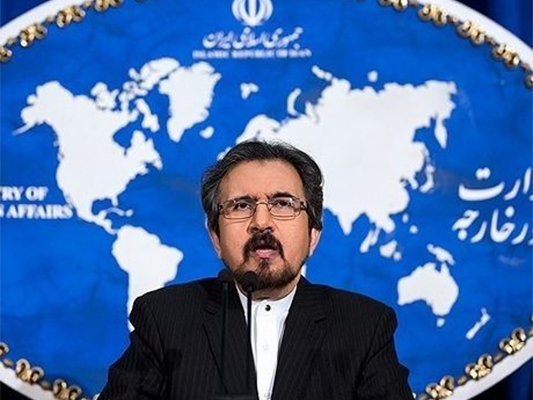In a Sunday statement, Qassemi noted that the resolution was approved by the votes of members of a political bloc and some regional countries that are top violators of human rights.
He described the resolution as a condemned and unacceptable one which was not supported by a significant number of Human Rights Council members.
“In our view, the one-year extension of the mission of special rapporteur on Iran’s human rights situationwas unprofessional and unnecessary,” he said.
“Such a rapporteur will have big problemsregardingauthenticity and legitimacy,” he said.
The spokesman said Iran supports theUniversal Periodic Review mechanism as the fairest method for addressing human rights issues, as it covers all countries, has a non-discriminatoryand non-selective approach, respects the principle of equality and does not allowpolitically-motivated moves.
The resolution was adopted on Friday, in the closing meeting of the 37th regular session of the United Nations Human Rights Council in the UN headquarters in Geneva.
Some 21 members of the Council voted in favour of the resolution, while 7 others voted against, with 19 abstentions.
In the UNHRC meeting,UN members discussed the latest report of the late UN special rapporteur for human rights in Iran Asma Jahangir, a Pakistani lawyer who took the post in September 2016.
She had frequently delivered reports to UN bodies censuring the Iranian government for what she called widespread rights violations before she died of cardiac arrest early February.
The Council has not yet appointed a successor to Jahangir.
Iran has refused to allow the UN special rapporteurs to visit the country, arguing the use of country-specific mechanisms to address human rights issues is unacceptable.
Besides, Iran says the situation of human rights in Iran by no means is a special situation to warrant a special mandate.
Tehran says the appointment of a UN special rapporteur on Iran results from the heavy influence of western governments in the UN and part of its pressure campaign against Iran since the Islamic Revolution toppled the rule of US-backed dictator Mohammad Reza Pahlavi.
